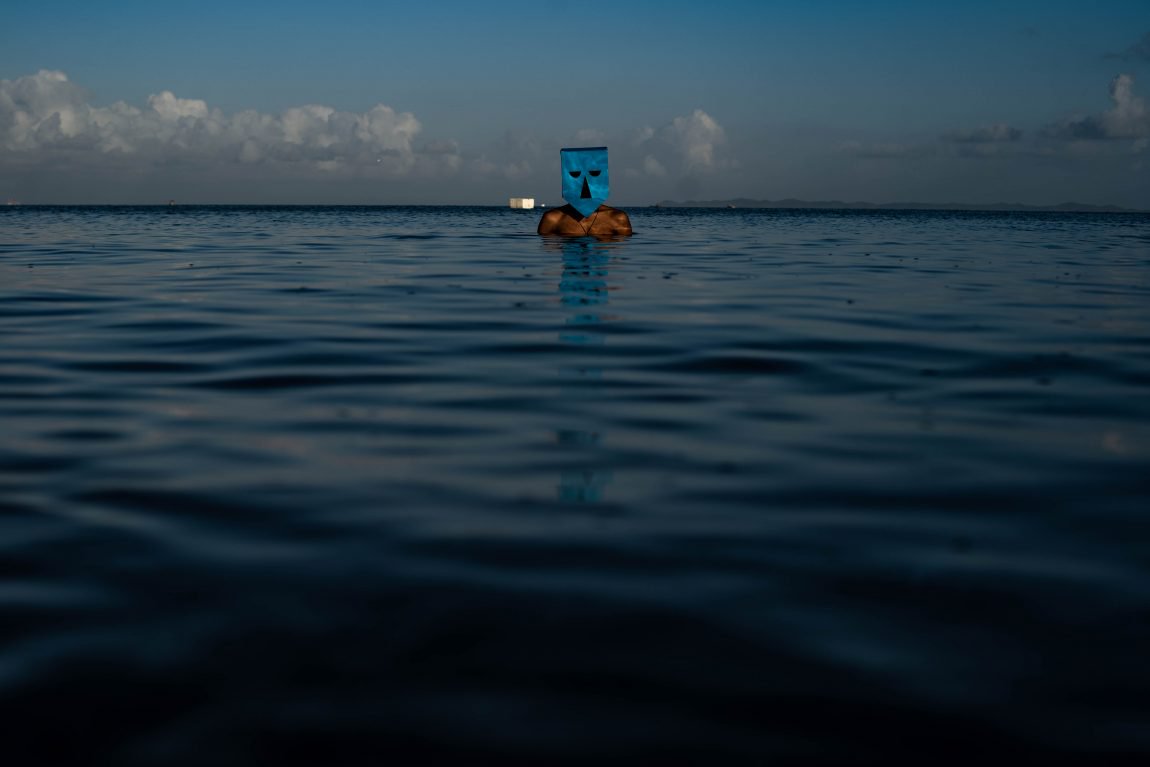On March 22 and April 22 respectively, the Foro Afropanameño, a nationwide entity of various social movement organizations representing Afro-Panamanians and the National Coordinator of Indigenous Peoples (CONAPIP) representing indigenous communities, held candidates forums for those running. The objective of each was to address the issues of concern to these communities but also to assess the agendas of the candidates towards these communities.
In addition to national elections, May is also the Month of Black Ethnicity in Panama (the officially recognized “Day”, May 30, was made law in 2000, yet is observed the entire month). According to the Panama based watchdog organization, the Observatory Panama Afro, of the seven candidates in attendance on March 22, four submitted action plans with respect to the Afro-Panamanian community or signed onto the Plan of Action developed by the Foro Afropanameño. Generally, the candidates have agreed to ensure fulfillment of the country’s obligations to the Black community under international conventions, in particular the U.N. International Decade of Afrodescendants. On April 5, frontrunner Nito Cortizo presented his plan, followed by Ana Matilde Gómez whose “Government Plan” called for the creation of a permanent national entity to protect afrodescendant rights within the framework of the sustainable development of the country. On April 15, José Isabel Blandón acknowledged his commitment to the community based on the Plan of Action. Since one of these candidates will likely be the next president of the Republic it is important to understand the public policy agenda they will need to embrace. Mr. Cortizo, in fact provided the most detailed plan, parts of which were extracted from the Foro Afropanameño "Plan of Action: 4 Pillars and 1 Star" presented to all candidates. These included 1) realization of the Afrodescendant Census 2020 in a serious, exact and scientific way to ensure verifiable and useful statistics that ensure fair political inclusivity, 2) a relaunch of the National Plan for Afro-Panamanian Development established in 2007, 3) honor and visibilize accomplished community members and inclusion of AfroPanamanian historical and cultural contributions to the educational system and 4) transparent inclusion of public policy concerns relevant to Afro-Panamanians public sector.
Follow through of the winning candidate will be critical. The first two tests will be the appointment of a secretary for Afro-Panamanian development as well as the expeditious assessment and implementation of the Afrodescendant Cenus 2020 plan. Having campaigned on a platform of participatory community-focused reform, should Nito Cortizo prevail, as has been predicted, his administration will be monitored closely to ensure their plan of action is actually put into action.




